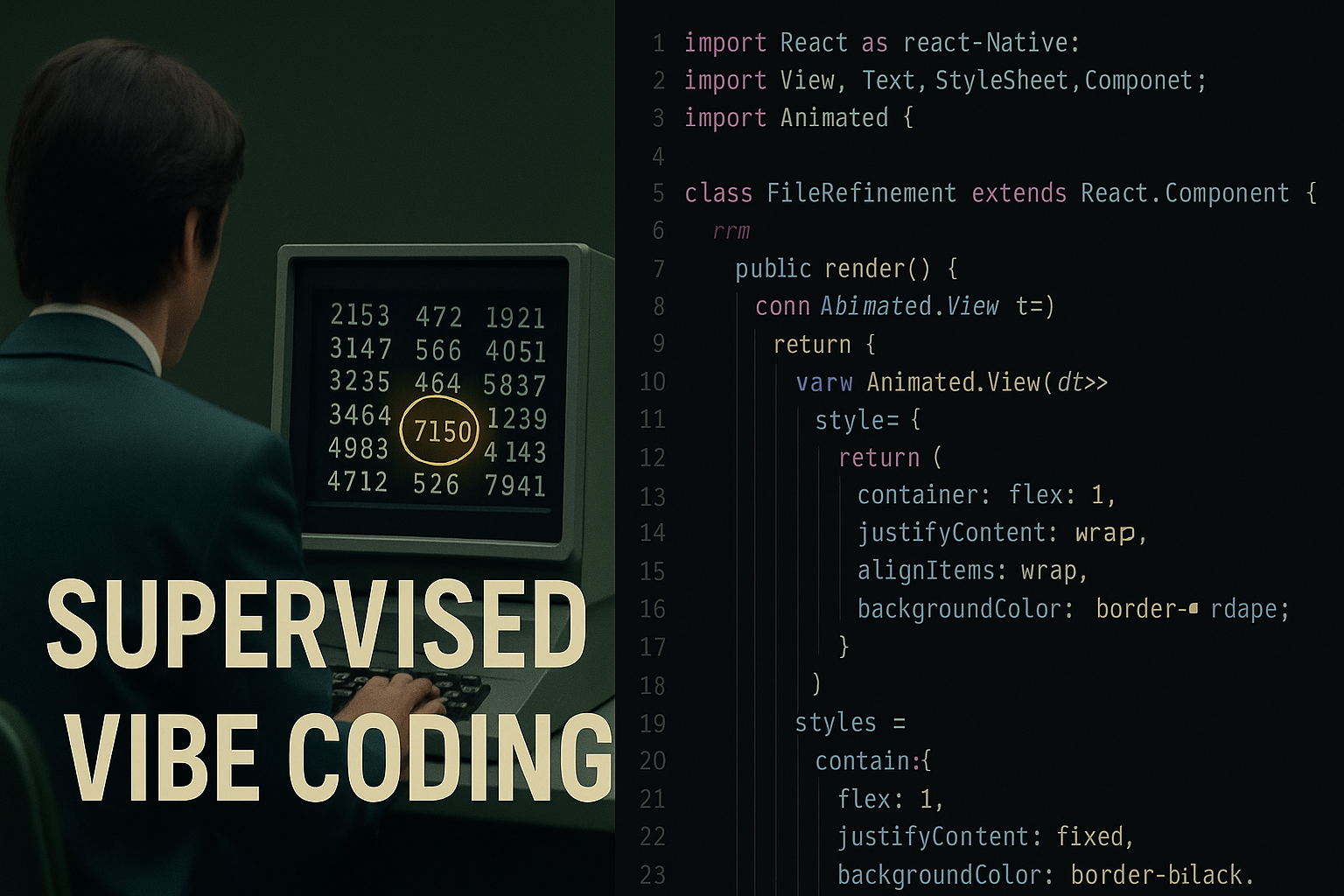Choices, choices, choices.
The choices we make often determine the course of the rest of our lives. Having a set plan for your life can be a relief, but making whimsical unplanned decisions can be invigorating and exciting. If you have a hard time making decisions or are not sure what to expect next, that’s okay.
I am the type of person who feels more comfortable having all of my decisions planned out in advance. As a senior in high school, my plans were that I would go to college for four years, earn a bachelors degree in software engineering and information systems, get a high-paying job and support a new family all before the age of 25.
These plans have changed.
As a junior in college, I surprised myself (and many others) when I made the choice to replace software engineering with Theatre and Communication Arts while still retaining an Information Systems major. This major change means a lot for my future. For example, I won’t be completing college in four years anymore. Changing majors during my junior year adds two semesters – if not more – to my college career.
Why would I make these decisions? I am a huge movie buff and love the idea of acting and directing. While I would be content with my previous life-plan, I feel that I will be a lot happier to have the opportunity to follow my dream; even if it’s a dream that may come with a lot of uncertainty and a lack of a solid plan. Not being entirely sure for what the future holds is something that can be nerve-wracking, but for me it’s exciting.
Not being entirely sure of your future while applying to college is okay. You do not need to be 100 percent set in your plans or have any for that matter. Being in college is about discovering who you are, who you want to be and how to make the transition into adulthood. Sometimes taking life one day at a time can help relieve the stress of making decisions. Taking on your obstacles and soaking up all the little moments can also lead to a happy and fulfilling life.
This post was originally published on Gannon University’s website.

